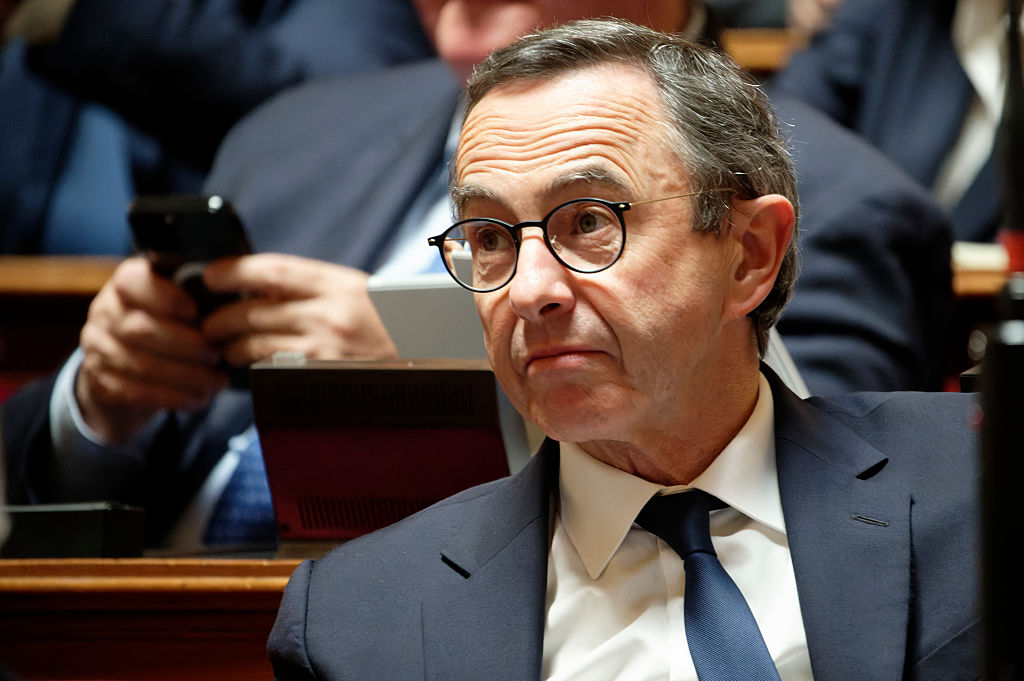Tonight, Australia voted decisively for continuity. The Labor government of prime minister Anthony Albanese has not merely been re-elected. It has absolutely thumped the conservative Liberal-National party coalition, headed by Liberal leader Peter Dutton.
At the close of counting tonight, Labor achieved a majority in the 150-seat parliament, winning 77 seats and leading in another five. The coalition has been decimated, reduced from an already-low 55 seats to winning just 29 and leading in another eight. Frontbenchers and talented up-and-comers around the country have been swept away in seats deemed safe.
Worse for the conservatives, Dutton himself has had the ultimate Portillo moment, losing his own constituency having held it for almost 25 years, becoming the first incumbent opposition leader ever to lose his seat in an Australian general election.
Yet, right up until today, nobody expected the political earthquake that has struck Australia tonight. The opinion polls and the smart money thought Labor would struggle to achieve minority government, let alone a majority. Instead, Liberal seats have fallen like ninepins, the party going backwards in every single state of the Commonwealth. In his victory speech, Albanese was passingly gracious to the vanquished Dutton, but triumphalist with good reason. He outcampaigned his opponent; very cannily crafted policies targeted to the electorate’s cost-of-living worries; and believed with absolute conviction that he would win his coveted majority.
‘In this time of global uncertainty. Australians have chosen optimism and determination’, Albanese told an adoring Labor crowd at his victory rally, his voice choking with emotion.
But his near-landslide win was not as much the Australian electorate’s endorsement of Albanese and his government; it was much more a rejection of Dutton and his opposition. Albanese simply read far better than Dutton what Australians aspire to and what they fear: he tailored his policies, despite much of his extravagant spending manifesto being effectively unfunded, so effectively that Dutton not only waved them through, but matched them.
Dutton, by contrast, ran the worst general election campaign in decades. Chaotic strategy and planning; ad hoc policy announced and then dumped on the run; and, above all, having assumed complacently voters would turn on a mediocre Labor government and a prime minister who has not greatly impressed on either the national or global stages, filed to do the comprehensive policy work giving Australians a viable alternative to the government.
Albanese also grasped, unlike Dutton, that the political axis of Australia as a traditionally conservative country has tilted significantly left. When the votes of the Greens party and green-leaning independents are added to Labor’s tally, as they are in Australia’s single transferable vote electoral system, Labor thrashed the Liberals and Nationals by 55 per cent to 45 per cent. Like the Tories, the Liberals especially are being assailed from Labor from the left, but also from upstart populist parties from the right. Their only saving grace is they have no Nigel Farage-like figure to contend with. It’s very unlikely the coalition parties will get anywhere near to an electoral majority this decade and, like the Tories, perhaps never again.
But there was another factor that loomed large in Australia’s election: it was Donald Trump. The Donald was not on the ballot paper, but he was very much on the minds of many Australian voters, a reality exploited ruthlessly by Labor strategists, and which terrified Dutton and the coalition. It was not just the inability of Dutton to decide whether to embrace or denounce Trump, or the coalition framing policies that could be attacked as MAGA-inspired. As Dutton said in his concession speech, ‘we have been defined by our opponents’, and those opponents successfully defined him as a Trump clone. Wherever possible, Dutton’s policies were misrepresented and branded as MAGA-inspired, and Dutton’s personal unpopularity made it easier for Labor to tie him to the even more unpopular president. ‘Some like to mimic the worst of other countries’, foreign minister Penny Wong told her party faithful tonight and they, and the millions watching on television, knew exactly what – and who – she meant.
Beyond that, however, Australians fear the Trump presidency, and are seeking reassurance from their political leaders in an uncertain world. They have looked on in horror at the Trumpian earthquake in Washington, and feel its worldwide shockwaves with alarm. They have been appalled by Trump’s tariff war on his allies, to the point that many voters voiced concern about the security of their retirement funds. Their general dislike of what Trump has done but, critically, how he has done it, has created fear and uncertainty that has helped Labor persuade doubters that they have the temperament to stand up to Trump in Australia’s best interests. Whether they succeed in doing that is another question that now will be answered in Albanese’s second term.
This week has been catastrophic for the major centre-right parties in Australia and Canada. They have both been defeated by centre-left incumbents they underestimated. The leaders of both have lost their seats. Both have been left to rue their own campaign decisions and political judgment, but both also have had to deal, unsuccessfully, with the Washington wrecking ball.
Donald Trump 2: Australia’s and Canada’s conservatives 0.
Terry Barnes is a Melbourne-based contributor to the Spectator and the Spectator Australia







Comments